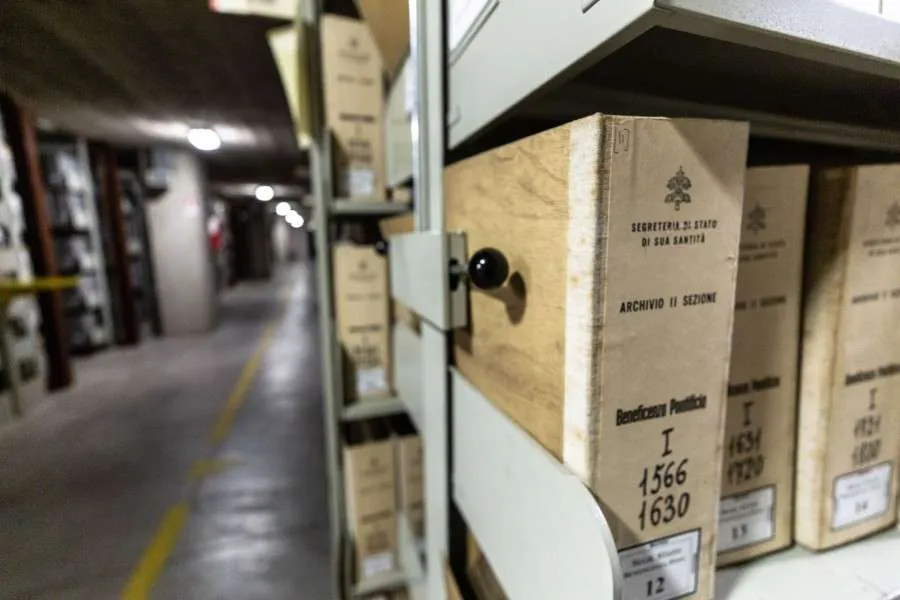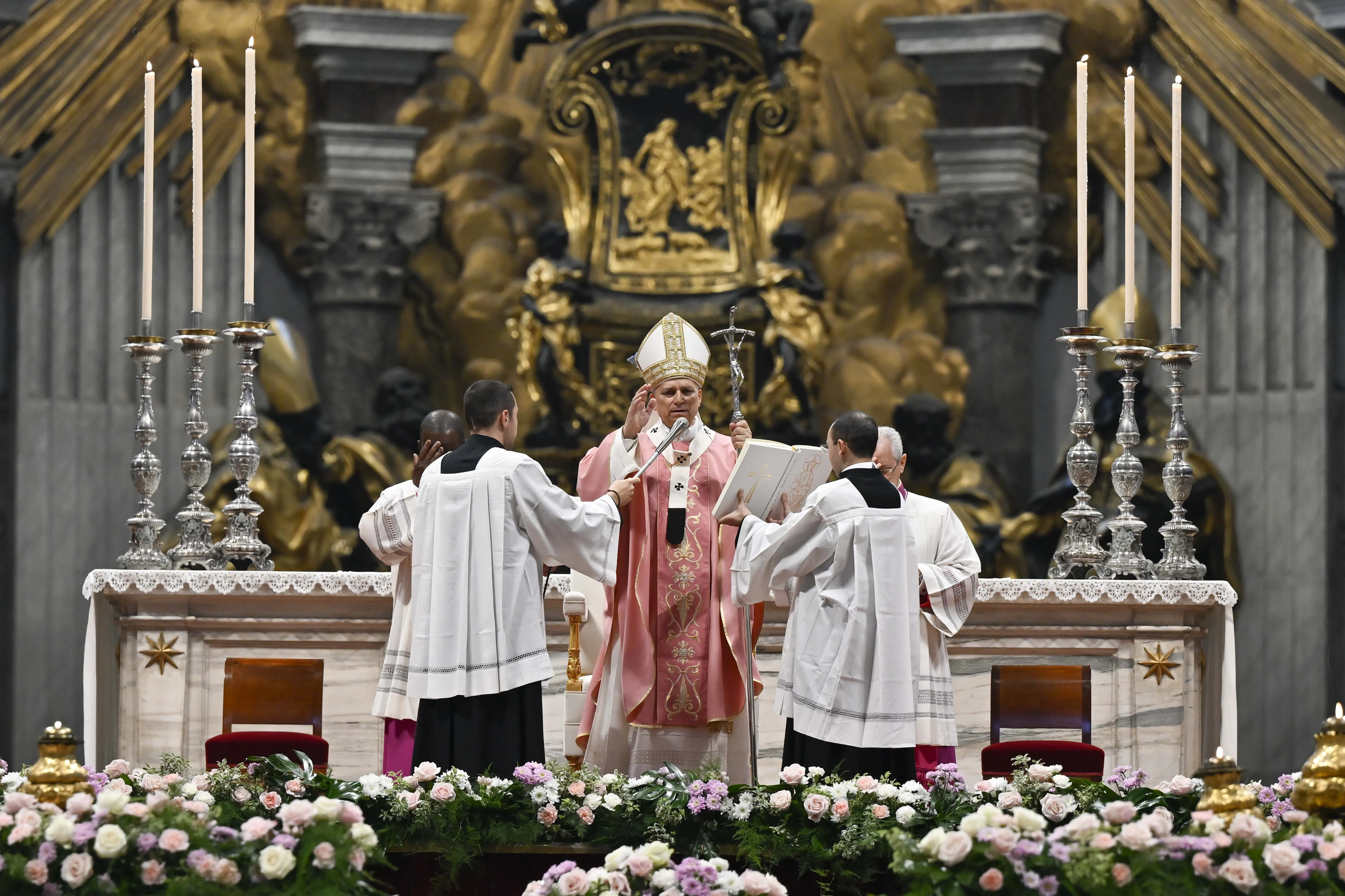The Vatican Apostolic Archive, formerly called the “secret archive,” is an office which preserves documents and books of historical and cultural importance to the Church and to the world. Since 1881 the archive has been open to qualified researchers on request.
March 2, with Pope Francis' decree, access was extended to include the archives of the pontificate of Venerable Pius XII, which spanned March 1939 to October 1958, and it is the first time scholars had been granted access to the approximately 16 million documents they contain.
The opening of the Pius XII archives was highly anticipated, and researchers hoped study of the files could bring to light new information about Venerable Pope Pius XII’s actions during World War II, which have been hotly debated.
Some historians criticize the pope for not making a more explicit denunciation of Hitler and the Nazis. Others point to his role in drafting “Mit brennender Sorge,” the 1937 encyclical to the Church in Germany, and the limits imposed on him by the Lateran Treaty.
Shortly before its opening, the Vatican apostolic archive had received requests for access from more than 150 scholars from around the world. At the time, a maximum of 60 people were permitted to enter per day.
After August 30, the archive said it will allow 25 people to enter at one time.
Pius XII died in 1958. His cause for canonization was opened by Pope Paul VI in November 1965, during the final session of the Second Vatican Council. On December 19, 2009, Pope Benedict XVI declared him “venerable,” meaning the Church has determined that he led a life of heroic virtue.
As Italy begins to loosen its coronavirus lockdown restrictions, the Vatican has reopened certain areas to the public, including St. Peter’s Basilica, though Rome remains without tourists due to closed international borders.
While it is rumored that Italy will open its borders with the rest of Europe and the Schengen area countries starting June 3, nothing has yet been made official. It is still unknown when Italy will reopen to countries outside Europe.
Hannah Brockhaus is Catholic News Agency's senior Rome correspondent. She grew up in Omaha, Nebraska, and has a degree in English from Truman State University in Missouri.








